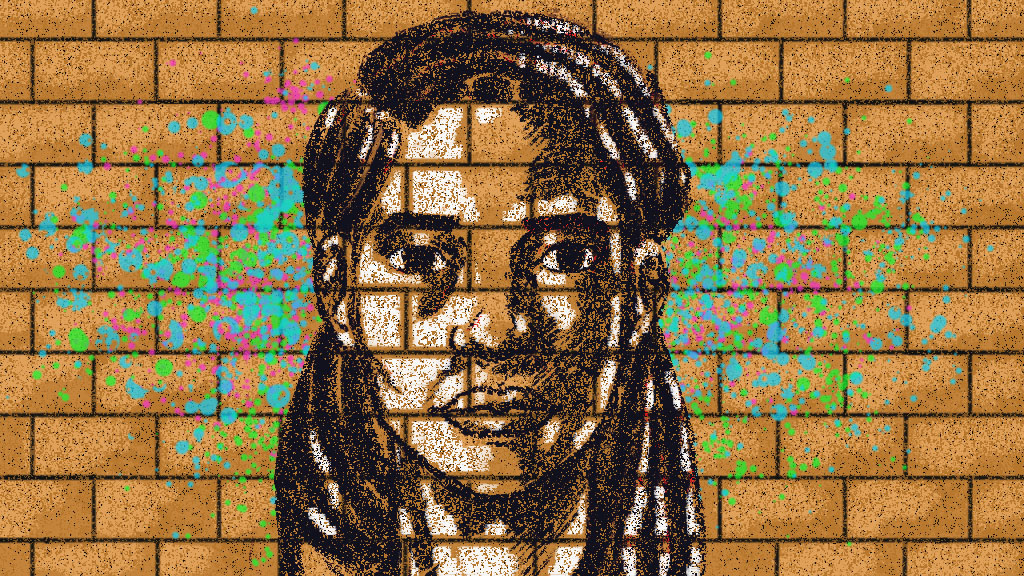Last December, RIT announced the formation of the Mental Health and Well-being Task Force.
The task force is a collaboration between faculty, professors and students. This ensures that all parties involved have input in the recommendations that are put forward.
The task force consists of Suzanne M. Bamonto, assistant professor for the School of Psychology Program, and Ian Stroszeck, second year Computing Security major and Student Government chair of the Student Affairs Committee — as well as student and faculty representatives from graduate programs, NTID and student athletics.
The force is co-chaired by Andrew Herbert, associate dean of the College of Liberal Arts, and Jodi Boita, executive director of Assessment, Technology and Communications in the Division of Student Affairs.
What Are They Doing?
Something that has been commonly misunderstood is the purpose of the task force. Herbert noted that some think the force is implementing new initiatives and enacting solutions that deal with the concerns of the students. However, this is not the case.
"Our [the task force] charge is to gather information and present recommendations as to what should be done in regards to mental health, to [the] administration,” Herbert said.
The task force has also been charged with delivering a 15-page detailed document of their recommendation to President David C. Munson, Provost Ellen Granberg and Sandra Johnson, senior vice president of Student Affairs.
“Since it is only 15 pages, I hope that means it gets read by more than just those three,” Herbert said.
To be explicitly clear, the task force is not instilling any new directives, as that would require funding. The task force's job is to listen to the concerns of the students and staff, analyze what is currently being done at RIT in terms of mental health and well-being and look to other institutions for recommendations.
“We are looking at our peer schools and the schools we aspire to be like,” Herbert said.
Schools such as the Massachusetts Institute of Technology were examined for inspiration as to what RIT can become. Local schools such as University of Rochester, Nazareth College and St. John Fisher College were also contacted to get further recommendations and input from a local standpoint.
What Have They Done?
In order to make recommendations, the task force held listening sessions.
“We held sessions before and during spring break for faculty and staff, and then two large sessions for students,” Herbert said.
Sessions were held so that individuals could come and voice their own recommendations and opinions for RIT. Students voiced their concerns on areas where they felt that RIT was falling short and faculty were encouraged to come and be a part of the process as well, as Herbert explained.
Alongside the listening sessions, the task force also held a variety of in-depth interviews with counselors at RIT.
“We had interviews with every counselor in CaPS [Counseling and Psychological Services] ... each interview we asked the same questions, but got a variety of responses,” Herbert said.
Another point of discussion was how additional hiring was said to be in the works and how no extra hiring had yet to be done.
After the listening sessions, interviews and the additional outsourced data, the task force began to work on putting together some recommendations.
After giving a brief update to Munson, Granberg and Johnson, the task force turned their efforts to their May 20, 2019 deadline.
“On that day we have to deliver the full report, with all of our recommendations," Herbert said.
What's Going to Be Done?
Owen Traska, third year Packaging Science major, has been closely following the mental health changes taking place on campus.
“I hope we [students] get to read what they [the task force] recommend that RIT do in terms of mental health,” Traska said.
Traska explained that he has felt a disconnect from the student body and administration in the past at RIT — he hopes that with as much as the task force listened to students, administration will do the same.
Since solely the administration determines what initiatives get funding, it may be some time before some of the recommendations take full effect. The wheels of administration move slowly when large sums of money are involved.
The task force was just one part of RIT's holistic look at student well-being — as all other promised improvements, such as the additional resources in the Student Health Center and its increased staff, have continued to see progress.
Students such as Traska, feel that this is a great way for RIT to show that they are listening to the community they serve.
The final report was released to students on July 19, 2019, two months after it was released to administration via a message center email sent out by Munson, Granberg and Johnson. The final report is a 29-page document that compares where RIT stands among other universities around the country and has specific recommendations that could likely be seen in RIT's future.








